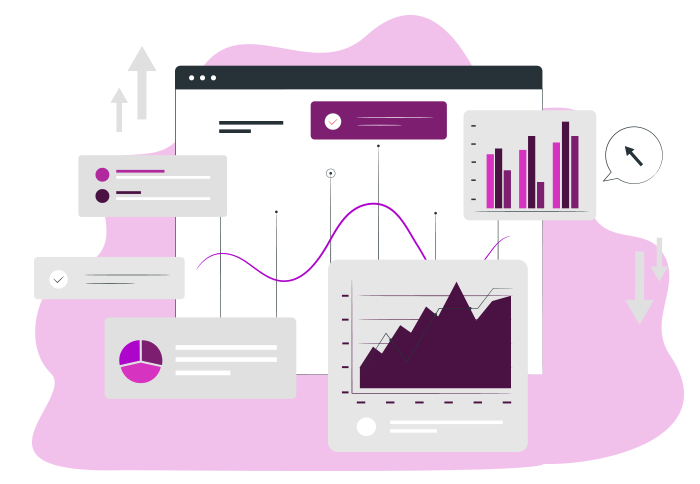During the meeting, IBE researchers presented plans to use register data for research on the professional and educational situation of secondary school graduates in Poland. Similar solutions are already in place in Finland and Estonia. Experts from the FCfP and Tallinna Ülikool discussed the use of administrative data for research and the needs of public policies in their countries.
In Finland, data for calculating pensions (i.e. data on earnings and the working period) are available from FCfP, while the rest of the register data is stored at the Finnish Statistical Office. Contrary to the situation in Poland, an integral part of the statutory tasks of FCfP is to conduct research about the impact of social, economic and demographic changes on the social security system and to present recommendations for legal changes regulating this system. The Finnish experience shows that the use of register data for monitoring public policies has great potential. A good practice is to establish small, dedicated and specialised analytical teams that work with the administrative data from a given area. For example, a specialised research and analysis department has been working on register data since the 1960s at FCfP. Placing the unit responsible for the analysis of administrative data within the institution responsible for a given public policy area guarantees a higher level of security in data processing, greater accuracy and reliability of analysis results and a higher level of decision-makers’ confidence in the results of such analyses. Moreover, ensuring the institutional continuity of such a team brings positive long-term effects. It allows for the effective and long-term cooperation of researchers and representatives of public administration responsible for shaping public policies.
Estonia has similar solutions for the use of register data in performing analyses for use in implementing public policies or scientific research. Here, however, the management of most state registers, their administration and disclosure of data has been entrusted to one institution – the Estonian Central Statistical Office. Such an approach facilitates the use of data for analyses and, in particular, the ability to combine data from different registers. Register data can be used for scientific purposes and can only be accessed at the headquarters of the Estonian Central Statistical Office. Data obtained from registers on the professional pathways of graduates and the professional situation in particular economic sectors and occupations are used in Estonia in a variety of projects, both of an academic nature, and are addressed to a wide audience. An example of this is the development of an application to help choose a field of study. In order to track the educational pathways of vocational and higher education graduates, the administrative data of the Estonian IT education system, tax data and information from the register of the state employment services are used.
An important positive side effect of creating public policy monitoring systems based on administrative data is the establishment of transparent and secure data-sharing channels for analyses and scientific work. The Finnish and Estonian experiences show that when administrative data are used for policy monitoring, “standard” data sets are created, which, after pseudonymization specifically tailored for this data, can be safely made available for scientific analyses. The public has access to a range of information available in the data collections and the detailed methodological documentation, which makes it easier for scientists to plan analyses using administrative data. In cases of a non-standard scope of data, a specialised unit of the data administrator can prepare a set developed specifically for the needs of a given research project. Data sharing procedures require the presentation of a scientific research project, which is assessed by a scientific council established in the institution responsible for the data. These solutions guarantee the correct and safe use of administrative data for research purposes.




